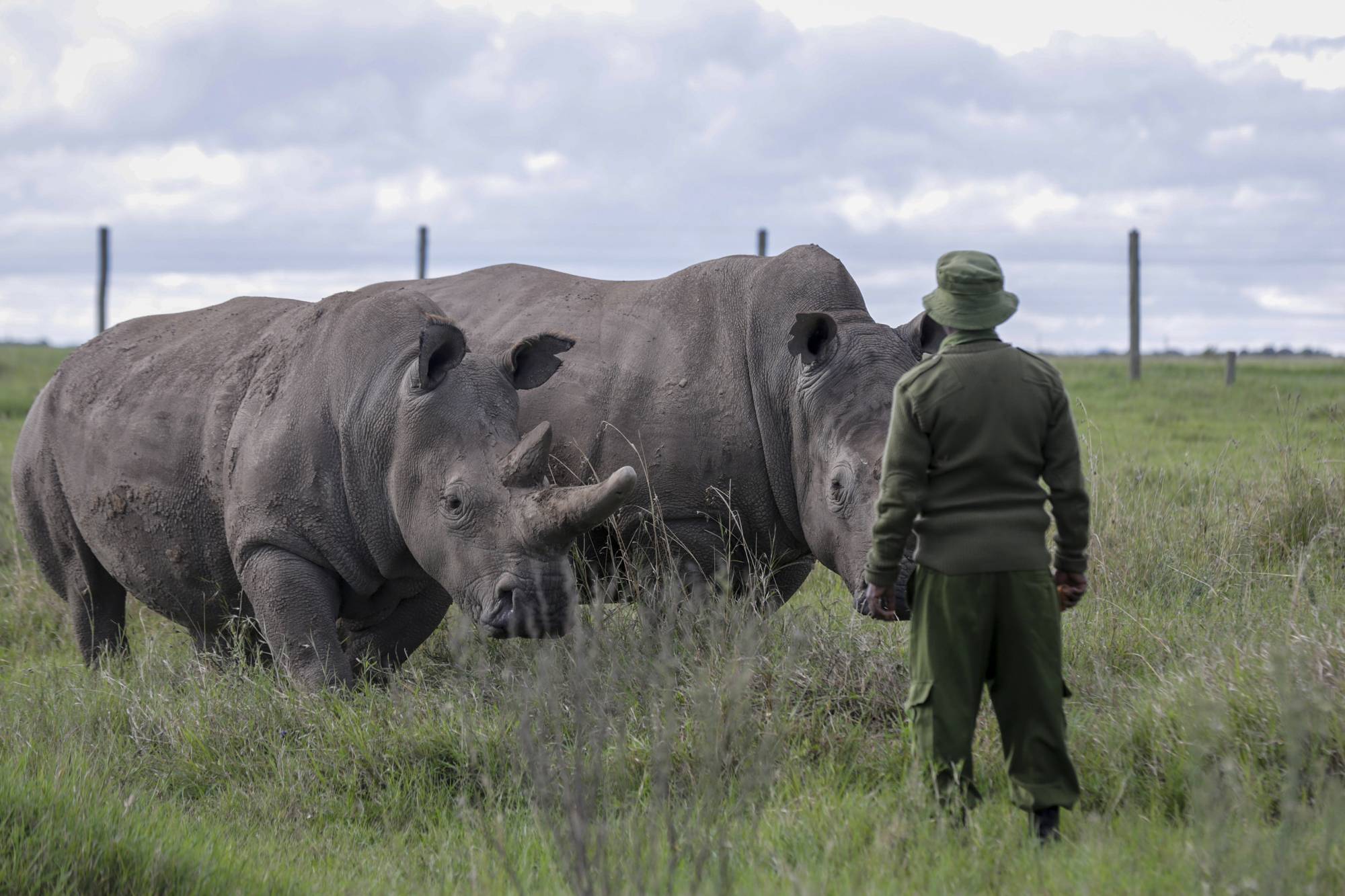Social distancing may save human lives, but it's wreaking havoc on some of the world's most threatened species.
In Botswana, which depends heavily on tourism, poachers have taken advantage of suddenly empty wildlife reserves to kill at least six endangered rhinos during the COVID-19 pandemic. In South Africa's North West province, at least nine more were killed as sightseers stayed home. Fears are rising that tigers, elephants and countless lesser-known species might soon face similar threats.
For decades, there’s been a broad consensus among governments, conservationists and industry that well-managed tourism gives local communities an economic stake in preserving wildlife. It's a good idea that has supported the conservation of threatened habitats around the world. But the cruel lesson of the coronavirus is that this model isn’t sustainable in a steep economic downturn. If conservationists want to preserve species and habitats for the long term, they'll need to rethink some long-held assumptions.


















With your current subscription plan you can comment on stories. However, before writing your first comment, please create a display name in the Profile section of your subscriber account page.